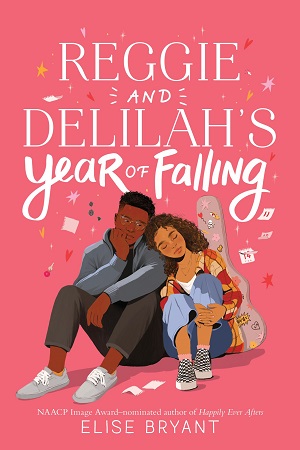
About the Book
-
Author:
- Elise Bryant
- Genres:
- Boy-Girl Romance
- Contemporary
- Voices:
- Black
- Cis Boy
- Cis Girl
- Multiracial
- Straight
Cover Story: Meet Cute
Drinking Buddy: Pass the Mead!
MPAA Rating: PG-13 (language, alcohol and marijuana use)
Talky Talk: Just Talk to Her!
Bonus Factors: Race, Migraines
Bromance Status: Dungeon Master/Band Mate
Cover Story: Meet Cute
Pictures of our heroes exactly as described in the story. Going into this blind, you might assume they’re both a lot cooler than they are in the book.
The Deal:
Punk rocker Delilah and sullen loner Reggie run into each other at a concert on New Year’s Eve. And then again on Valentine’s Day. And St. Patrick’s Day. It’s only a matter of time between these two cool kids get together.
Except it’s not like that at all. Reggie describes himself as a Blerd: a Black nerd. He’s a dungeon master for the local D&D games, something his father barely tolerates, and his brother Eric ruthlessly mocks. There’s no way he could ever approach a gorgeous singer like Delilah. Especially with her band’s guitarist acting all possessive of her.
Meanwhile, Delilah was perfectly happy selling t-shirts for her friends’ band, until she found herself pressed into being the lead singer. And…she kind of loves it. But she’s not a very confident person, and self-doubt isn’t good for a musician. Why can’t she be laid back like that Reggie guy who keeps showing up at her concerts? So quiet and mysterious. But he just doesn’t seem interested in getting to know her.
These two are so right for each other it hurts, but their own insecurities are standing in the way.
Drinking Buddy: Pass the Mead!

Reggie reminds me of the sort of guys I hung out with in high school: smart, creative, and terrified of girls. When he finally gets his head around the fact that Delilah likes him back (because a mutual female friend texts him this information) he panics and asks his friends what to do. And, well, his friends’ romantic experience is mostly theoretical, so their advice is catastrophically bad.
As for Delilah, she realizes she has real talent as a musician. She begins to take guitar lessons and come up with new songs. But the three boys in the bad just kind of blow her off. Are her ideas that bad, or is she automatically dismissed because she’s a girl? Why don’t boys listen to her? Except, you know, Reggie, who thinks she’s amazing.
MPAA Rating: PG-13 (language, alcohol and marijuana use)
It’s nearly three months book time before the pair finally manage to have a date. And then several more months of one of them getting up the confidence to make a move while the other one pulls back or gives the wrong signal. But this gives them the opportunity to become good friends first.
Unfortunately, both kids have been told they’re less than too many times. Reggie by his brother and his brother’s friends; Delilah by her absent father and her band mates. And both by society on account of their race. Deep down, they both kind of believe they’re not worthy of the other, and that’s going to hurt them in the end.
Talky Talk: Just Talk to Her!
This was a dual POV book, and so we keep seeing the truth behind seeming rejection. I kept wanting to shout advice to the characters. ‘Delilah isn’t blowing you off, she just has a migraine!’ ‘Reggie does like you, but he thinks you’re dating your band mate!’ ‘Reggie, you oaf, don’t take advice from rom coms!’
But if either of these kids were super confident, I think they would have scared the other one off. It’s when they can both finally admit they’re scared, the other one can give them confidence.
Bonus Factor: Race
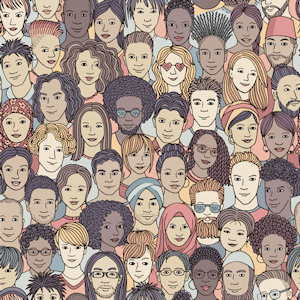
So Reggie is a major Dungeons & Dragons nerd, who’d rather spend New Year’s fighting giants than going to a party. His father is disappointed that his son doesn’t play sports, and his brother Eric and his friends ruthlessly mock Reggie. They call him an Oreo, since no real Black guy would be involved with elves and unicorns. When they realize he’s seeing Delilah, they assume she’s white, since no Black girl would ever date a guy like him. Reggie writes popular essays about gaming online, but when a very well-known podcaster invites him onto the show, Reggie ghosts him. He can’t let the world know just how big a geek he is. His brother would never drop it.
Meanwhile, Delilah’s friends’ band was going nowhere until she took over as singer. Suddenly they’re very popular, with all kinds of followers and fans. Delilah loves it. But there’s always that nagging voice, and it’s backed up by online comments: Do the the fans like her, or is her race just a gimmick? Online, she’s always referred to as ‘the Black girl.’ Her band mates don’t listen to her ideas or include her in the planning. Other fans accuse her of not really being Black (her father is white and she’s light-skinned). Is all anyone sees is her race?
Bonus Factor: Migraines
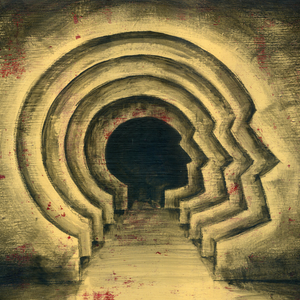
Delilah suffers from migraines which can knock her out for a day or so. But no one really understands how serious they are. ‘Just take an aspirin. C’mon, play through the pain.’ She’s tired of everyone assuming she’s just exaggerating a headache (like a girl).
The second I read about her migraines, I was waiting for the scene where she’s forced to skip an important concert because of this condition. And it never happened. Kudos to the author for not being tropey.
Bromance Status: Dungeon Master/Band Mate
I am desperately behind in my TBR pile, but I like this author so much I moved this book to the top of the stack.
Literary Matchmaking
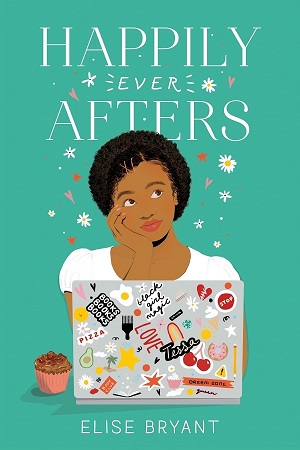
Happily Ever Afters, by the same author, is another story of a creative girl trying to find her voice.

Antony John’s Five Flavors of Dumb also is about a girl, a band, and self-confidence.
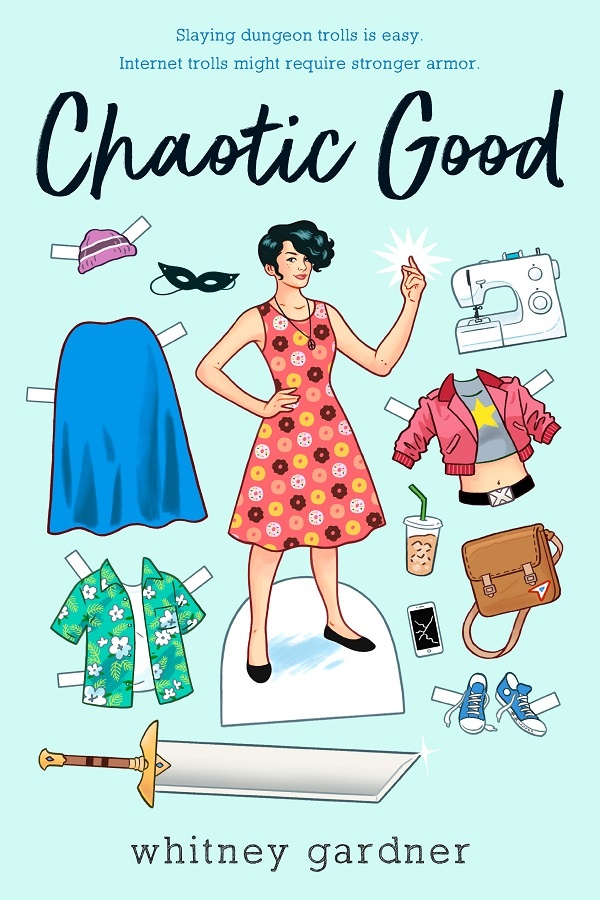
Chaotic Good, by Whitney Gardner, explores another D&D playing character who doesn’t fit into the mold of a typical gamer.
FTC Full Disclosure: I received a free copy of this book from the publisher, but no money or Mac and Cheese (with or without breadcrumbs).